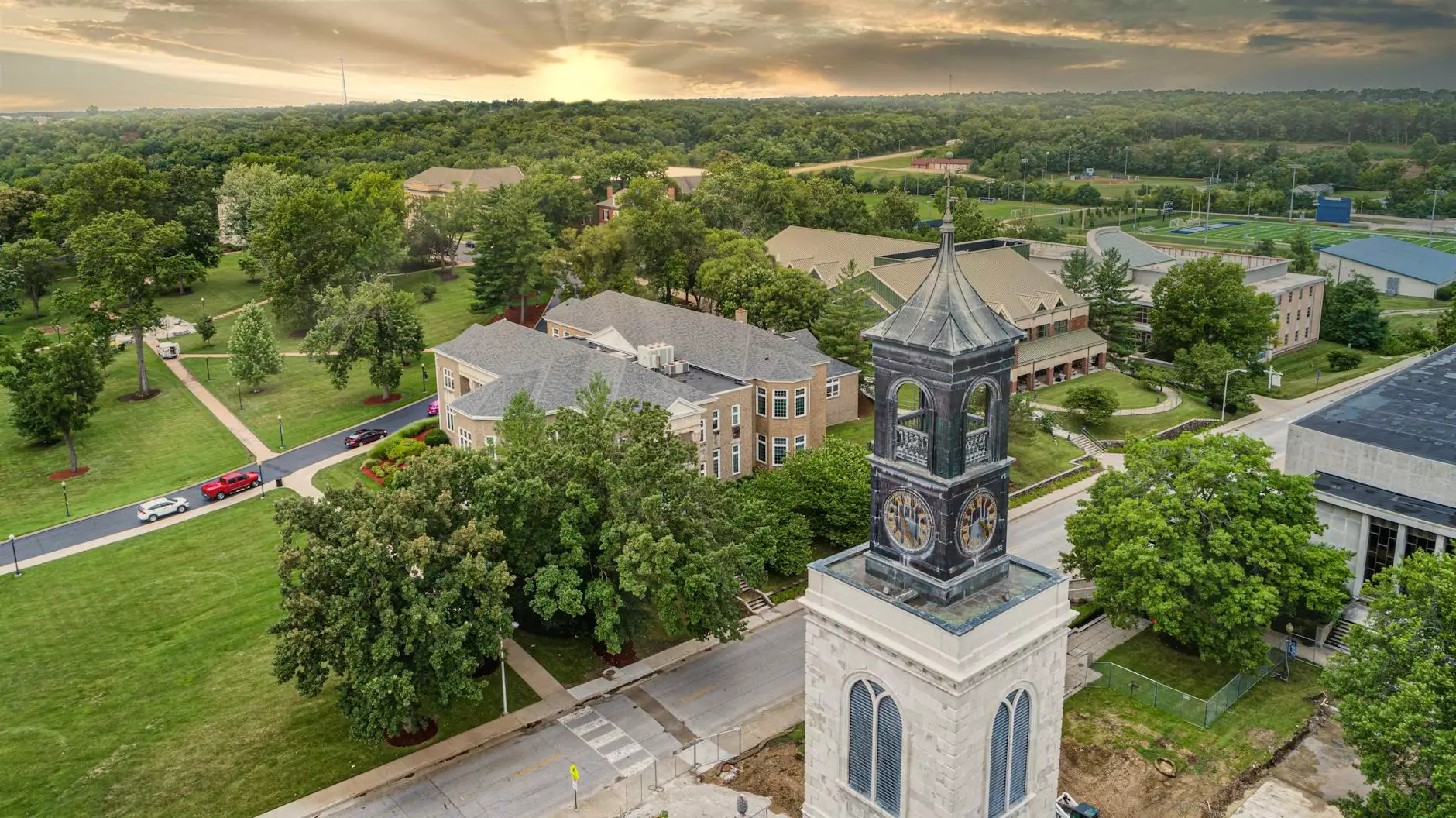What does it mean to be "loyal critics" of the Church?

Welcome to Peace Church, where we delve into the concept of being "loyal critics" of the Church and how it influences our faith, community, and society. In this article, we will explore the significance of open dialogue and constructive criticism within the Church, as well as the role it plays in fostering growth, understanding, and positive change.
The Importance of Open Dialogue
Open dialogue forms the foundation of any strong community and is especially important within the context of the Church. As "loyal critics," we recognize the value of engaging in respectful conversations and offering constructive feedback to the Church. By encouraging open dialogue, we create an environment that supports personal growth, challenges traditional perspectives, and invites fresh ideas and insights.
Fostering Growth within the Church
Being "loyal critics" means acknowledging that the Church, like any institution, is not infallible. It is crucial to recognize that constructive criticism serves as a catalyst for growth within the Church. By providing honest feedback, we enable the Church to reflect upon itself, identify areas for improvement, and adapt to the changing needs of the community and society it serves.
It is important to note that being a "loyal critic" does not imply blind criticism or an intent to undermine the Church's teachings. On the contrary, it is a commitment to support the Church's mission while fostering a space for introspection, discussion, and growth. The Church evolves, just as society does, and embracing constructive criticism helps ensure that it remains relevant and responsive to the needs of its members and the broader community.
Constructive Criticism: A Path to Positive Change
Constructive criticism is not about tearing down the Church but rather about challenging it to be the best version of itself. It allows us to identify and address issues that may hinder the Church's ability to fulfill its purpose. Through respectful and meaningful dialogue, we can work together to find solutions, enact positive change, and strengthen our faith community.
By engaging in constructive criticism, we demonstrate our commitment to the Church and its values. It is through introspection and addressing societal challenges that we collectively build a stronger, more inclusive, and empathetic faith community. Criticism is not incompatible with loyalty; rather, it is an essential component of responsible citizenship within the Church.
The Role of the Community and Society
In addition to fostering growth within the Church, being "loyal critics" also impacts the broader community and society. Openly discussing Church practices, beliefs, and ideologies encourages dialogue beyond the Church walls, enhancing understanding and promoting inclusivity.
When the Church exemplifies the willingness to listen, adapt, and learn, it inspires individuals and other institutions to do the same. By incorporating diverse perspectives, the Church can better address social justice issues, promote equality, and contribute to positive societal change.
Conclusion
Being "loyal critics" of the Church is not about undermining its foundation or questioning the essence of faith. Instead, it is a commitment to engage in open dialogue, provide constructive criticism, and foster growth within the Church and the larger community. By embracing the concept of being "loyal critics," we actively contribute to a more robust, inclusive, and responsive Church that continues to impact lives and society positively.









